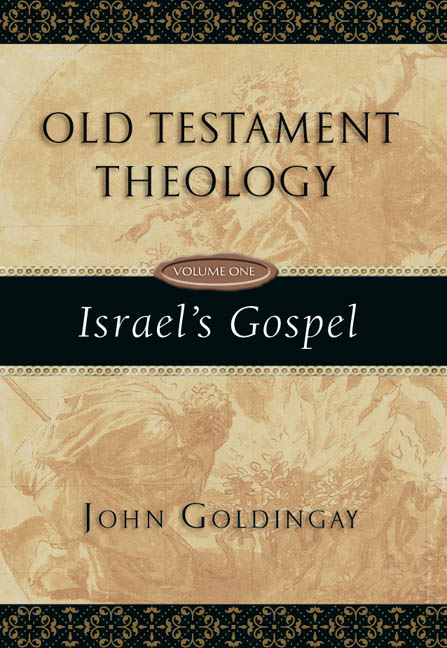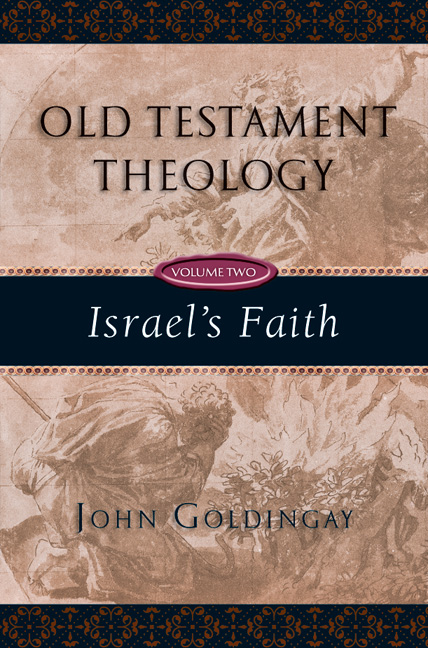Goldingay OT Theology Day – 5 of 5

I wanted to cite an example from volume 2 in the final post of this series, but I was tempted by yet another from volume 1.
A particularly delightful feature of these volumes is Goldingay's fearlessness to tackle difficult questions as the text throws them up. So he looks at divine sovereignty, creation and the problem of evil, the morality of 'holy war', the apparent limits of divine knowledge etc. This is one of the things that makes the books so enjoyable to read.
"Like the relationship of Ishmael, and later Esau, to Yhwh's promise, this point about the promise of the land links with some questions in current Middle Eastern politics. Yhwh's original promise and the consequent history of Yhwh's activity in the land imply that Yhwh still wants Jewish people to be free to live in this land and to control their own destiny there. Yet Yhwh's attitude to the moral rights if the Amorites suggest that this consideration would not override the moral rights of the Palestinian people as subsequent long-time occupants of the land. Further, as members of Muslim and Christian communities, the Arab peoples see themselves as members of Abraham's household. As such, they have some claims of their own on Yhwh's promises to the ancestors of Israel who are also their ancestors. A moral Middle Eastern settlement needs to find a way of respecting both people rights. It will be a more satisfactory settlement if they can first recognise each other's" (Old Testament Theology. Volume 1: Israel's Gospel, 212-13)
In this short paragraph he makes a number of important points, I think.
So ends my enthusiastic and shameless promotion of Goldingay's BRILLIANT Old Testament Theology volumes. Do get them both, immediately, or feel slightly odd, left out, bullied, and picked on by the whole universe.
Labels: Goldingay









